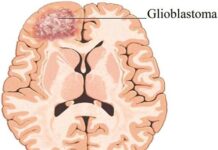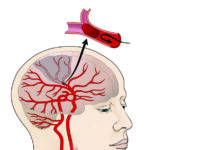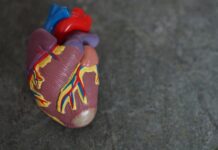The virus outbreak i.e. Monkey pox, has been a cause for concern. The worry is much greater when it comes to children, and it is important to know some basic facts about this new outbreak, before getting unnecessarily anxious.
Monkey pox has several symptoms common to other viruses, including ‘hand, foot and mouth disease’ or measles and chicken-pox, and it is best to consult a paediatrician for a correct diagnosis. This virus is contagious, and usually spreads through close physical contact. It can take between 5 days to 3 weeks after exposure, for symptoms to become evident.Though children can contract this virus, parents can rest assured that in nearly all children the risk is low.
SYMPTOMS:
- Fever
- Shivering / Chills
- Headache
- Muscle Soreness
- Backache
- Fatigue
- Swollen lymph nodes
- Rash or blisters that appear on the face, in the mouth or on other parts of the body (hands, feet or chest)
The rash is the most significant symptom. Like in measles and chicken-pox, the rash turns into boils. They become reddish, filled with fluid/pus, turn into scabs and eventually fall off. After this, the skin heals.
HOW IT SPREADS:
- Direct contact with rash, scabs or body fluids
- Touching, hugging, cuddling an infected person
- Prolonged face-to-face contact (through respiratory particles, while breathing in close proximity)
- Touching contaminated items like bedding, clothing or objects (toys, pillows) previously touched by a person.
- Foetus getting it within the womb (via placenta)
- Getting scratched or bitten by an infected animal or eating contaminated meat.
An infected person may keep transmitting the virus from the time s/he contracts it, until the skin has healed after the rash disappears.
RISK LEVEL OF MONKEYPOX: PREGNANT WOMEN & CHILDREN
- Compared to COVID-19, monkey pox takes much longer to transmit to another person, so one need not panic.
- It is still quite rare, and this makes it a less dangerous illness.
- Most people are known to heal by themselves but, in exceptional cases, pneumonia, eye or brain infections can occur.
- A foetus may contract it from the mother, in the womb.
- Pregnant women and children below 8 are at a greater risk for severe disease.
VACCINES IN INDIA:
As we have witnessed in the case of COVID-19, vaccines help patients get a less severe form of the virus, and they tend to recover better and faster. In the case of monkey pox, 2 vaccines have been approved and licensed by the FDA (Food & Drug Authority) – JYNNEOS and ACAM2000. Pregnant women and nursing mothers are not eligible for these vaccines. The former can receive treatment via monoclonal antibodies, if they contract the virus.
This article has been authored by Dr. Avash Pani, Consultant Paediatrician, Apollo Cradle & Children’s Hospital – Kondapur
























